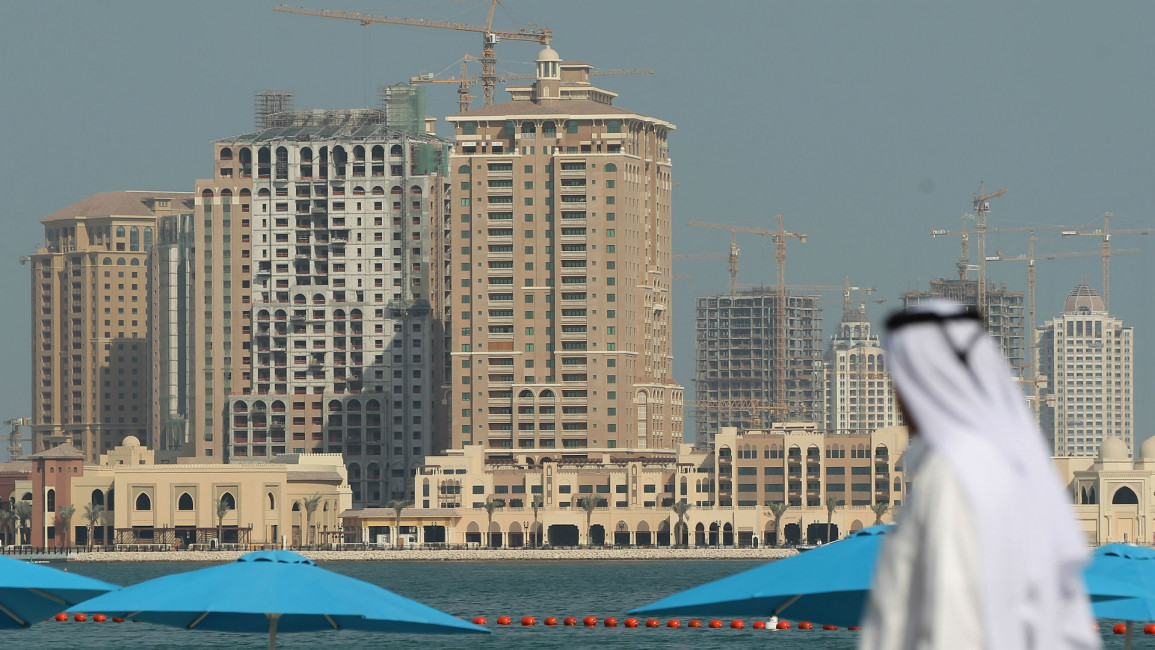Qatar economy still growing despite Saudi-led blockade, says IMF
Qatar's economy has continued to grow despite a blockade on it by neighbouring Gulf countries, the IMF said on Wednesday.
The report comes after a week-long visit to Doha, with the IMF predicting that Qatar could experience a three percent growth rate next year.
This will steady to an annual GDP growth of around 2.7 per cent from 2020 until 2023. Gas exports, the continued expansion of Qatar's infrastructure, and the hosting of the World Cup 2022 will all contribute to the growth rates.
"Qatar's economic performance continues to strengthen," the IMF statement read.
"Significant fiscal and external buffers have enabled Qatar to successfully absorb the adverse shocks from the 2014-2016 decline in oil prices and the diplomatic rift."
The IMF visited Qatar between October 29 and November 4 to assess the country’s economic situation.
It comes a year after former GCC allies Saudi Arabia, Bahrain, the UAE - along with Egypt - launched a surprise blockade on Qatar in June 2017, accusing Doha of moving closer to Iran and supporting extremist groups in the region.
Doha denies the charges, and has said the Saudi-led blockade was aimed at making Qatar a vassal state.
Qatar will also introduce VAT "towards the end of 2019 or early 2020", the IMF has said.
But Qatar could be susceptible to the "economic and financial impact of global trade tensions".
Qatar's economy relies heavily on carbon resources with some of the biggest gas supplies in the world. Qatar has been spending around $500 million a week to prepare for the World Cup.


![Minnesota Tim Walz is working to court Muslim voters. [Getty]](/sites/default/files/styles/image_684x385/public/2169747529.jpeg?h=a5f2f23a&itok=b63Wif2V)




![Debris near Rafic Hariri International Airport [Getty]](/sites/default/files/styles/image_330x185/public/2176162423.jpeg?h=a5f2f23a&itok=MCSK9mkM)
![An Israeli air strike on Jabalia killed teenage journalist Hassan Hamad [Screengrab/X]](/sites/default/files/styles/image_330x185/public/2024-10/hassan%20hamad1.jpg?h=c12e0b96&itok=Rd_dyCVp)
